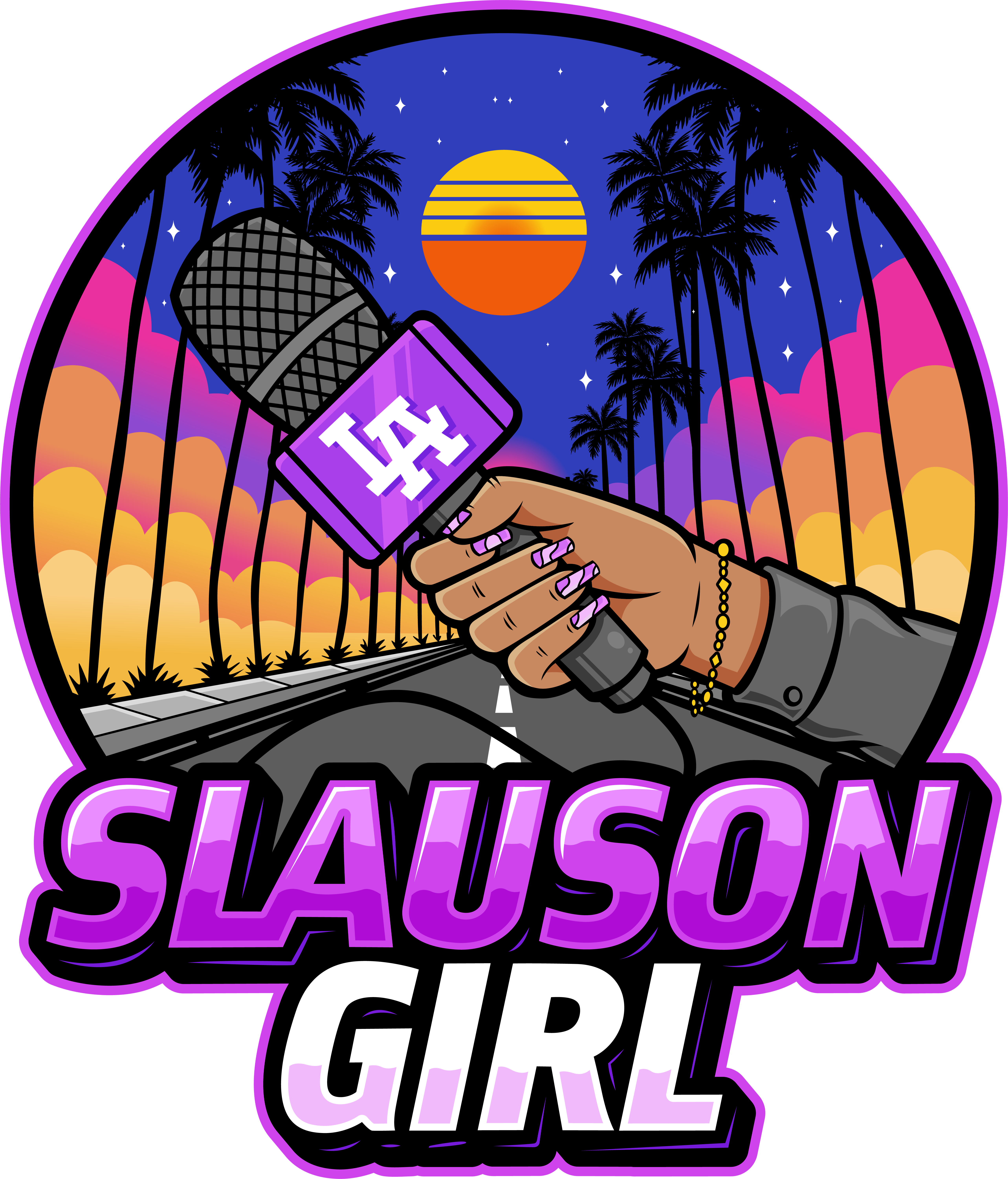
Amanda Seales Can Speak For Me Anytime
Comedian and actress Amanda Seales had to defend herself on social media against comments that she should not be speaking for the “Black” community. According to the internets, she was not a ‘DOS,’ otherwise known as a descendant of American slavery. Her mother is from Grenada and her father is from Boston. So technically speaking, I don’t understand the argument.
Seales, who plays Tiffany in the HBO hit series “Insecure,” has always used her vastly growing platform to address the issues and perspectives pertaining to Black people within the context of capitalism and colonialism.
The fact that Seales had to defend herself and her Blackness so publicly against criticism from her “own” people, I felt her embarrassment, frustrations and pain. I had no idea this was playing out until my white homegirl sent me a screen-shot of her video which ended up on the popular Instagram page, The Shaderoom.
In my opinion, it is utterly ridiculous to have this play out within the conversations that are happening worldwide pertaining to Blackness and justice in America. If Seales, who has a degree in African-American studies from Columbia can’t speak for us, then who can?
Wtf, Luvvie.
The same week Seales had her public social media war with the Hoteps, Author and shade queen Luvvie Ajayi, got served a new one by Black Twitter. Luvvie, a New York Times best-selling author who created a vast following on social media from her website and commentary on race and pop-culture, decided to share her thoughts on Tevin Campbell singing at Aretha Franklins Funeral.

Black Twitter not only told Luvvie to put some respect on Tevin Campbell’s, name but some of Luvvie’s old anti-African-American tweets began to recirculate. This made many question Luvvie’s place to speak on African-American culture and politics as well as pointing to the divide within the African diaspora.
Luvvie’s old tweets from the 2009-2010 era appeared that she once held the perspective as someone from Africa who looked down upon African-American’s. It wasn’t until college, that I realized the disconnect between those born in Africa & African-Americans–which is ultimately the result of slavery. A lot of African-American’s can not see themselves as African’s and some African’s do not see African-American as extensions of themselves.
There are many from the African diaspora who can not understand how they were able to immigrate to America and become successful, and many African-American’s are unable to do the same and we are born here. Many are not aware of the plight and history of violence and exclusion of African-American’s and there is this distinct cultural divide that is drawn because of this. I was appalled to see Luvvie’s tweets.

What The Hoteps Are Saying
Two commentators on Black culture and politics have shared their thoughts on Seales and Luvvie and they have declared them both invalid. Their criticism is very harsh but has received mostly positive reviews from their viewers.
ToneTalks and Yvette Carnell make some very valid points. It is very critical however, that those with platforms do not promote further divides amongst the African diaspora. We are all victims of American imperialism & white supremacy, especially those abroad. Understandably, descendants of American slavery have had a different experience and have rights to certain claims, but we should be having these conversations in a very calculated way–especially if we are going to have these conversations on public platforms. Blackness is not one monolithic experience and neither is the African-American experience. To start dictating who can and can not speak about Blackness is divisive, xenophobic and very anti-Black.





